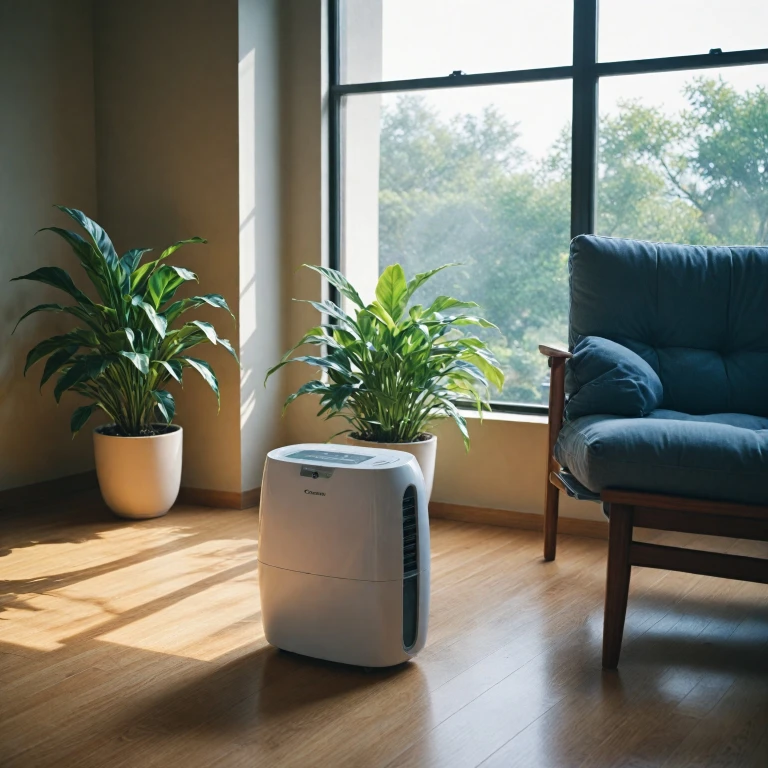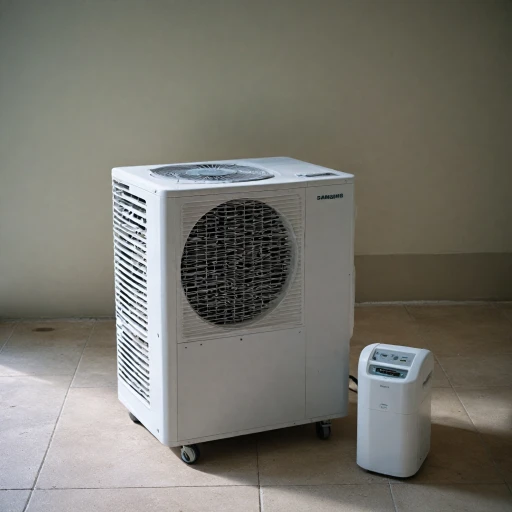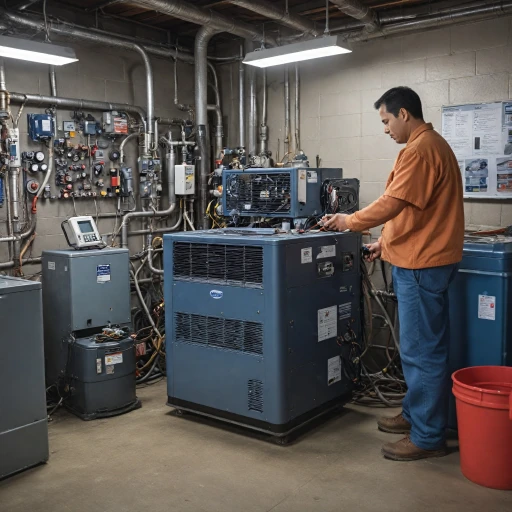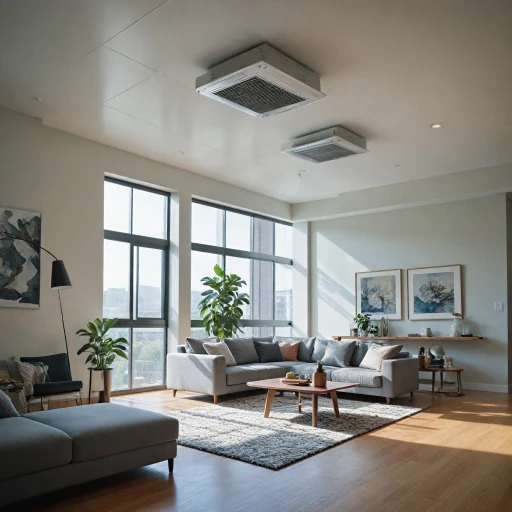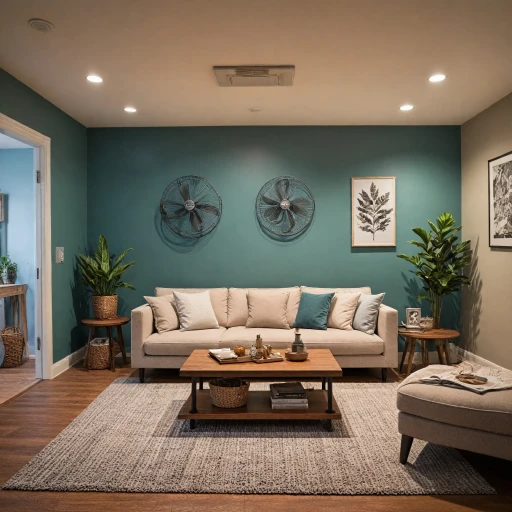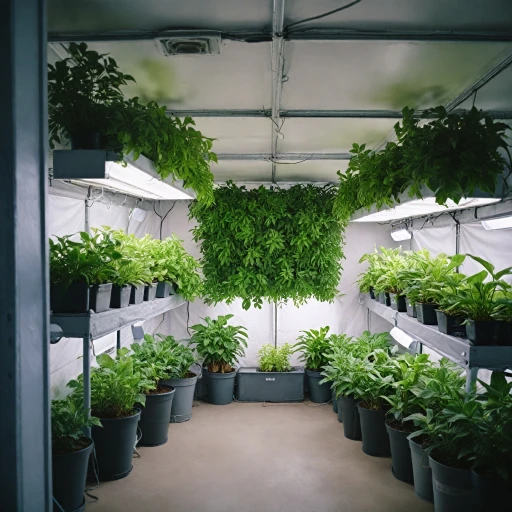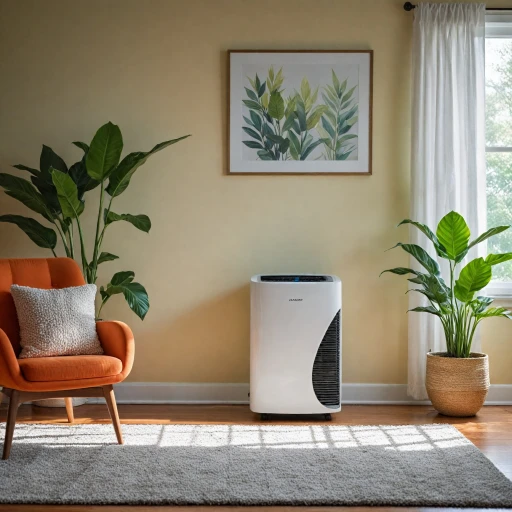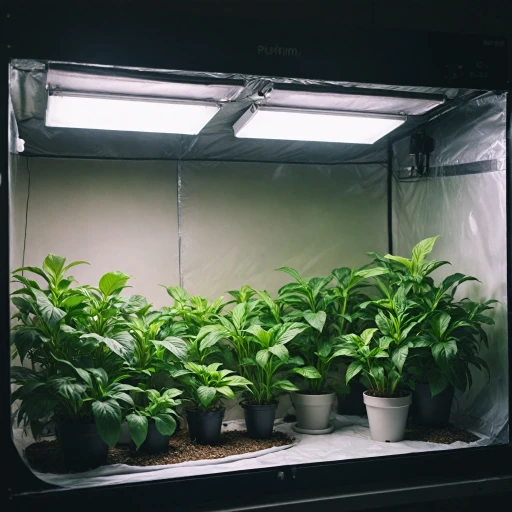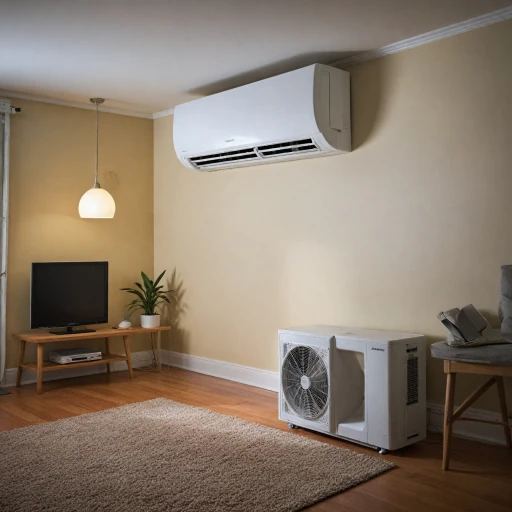
How Portable Air Conditioners Work
Understanding the Functional Dynamics of Portable Air Conditioners
Portable air conditioners have gained popularity among homeowners seeking a flexible solution to indoor air conditioning needs. Their appeal lies in their mobility and ability to effectively cool individual rooms or spaces without the complexity of permanent installations, often associated with traditional HVAC systems. While they operate on fundamentally the same principle as standard air conditioning units, portable air conditioners offer unique benefits in controlling air humidity levels, enhancing indoor air quality. To break it down, a portable air conditioner utilizes a refrigeration cycle to extract heat from indoor air. Here’s a concise overview of the process:- Heat Extraction: Ambient heat within a room is absorbed by the refrigerant inside the air conditioner unit.
- Compression and Condensation: This absorbed heat is then transferred to refrigerant coils where it’s compressed and channeled outside the room, typically through a tube or flexible air duct.
- Air Circulation and Cooling: Simultaneously, cooler air is circulated back into the room, lowering indoor temperature effectively.
- Moisture Management: Portable air conditioners also address moisture levels. Through condensation, they reduce excess indoor air humidity, preventing the discomfort of sticky, humid air environments.
The Importance of Humidity Control
Why Humidity Control Matters
Humidity control is a crucial aspect of maintaining a comfortable indoor environment, especially when using portable air conditioners. The humidity levels in your home can significantly impact air quality and overall comfort. High humidity can make the air feel warmer than it actually is, while low humidity can lead to dry air, which may cause discomfort and health issues.
The Role of Humidity in Air Conditioning
Portable air conditioners are designed to cool the air, but they also play a role in managing humidity levels. By removing excess moisture from the air, these systems help maintain a balanced indoor environment. This is particularly important in regions with high humidity, where the air can feel heavy and oppressive. Conversely, in areas with low humidity, a portable air conditioner with a built-in humidifier can add necessary moisture to the air, preventing it from becoming too dry.
Balancing Moisture for Optimal Comfort
Maintaining the right humidity level is essential for both comfort and health. Ideal indoor humidity levels typically range between 30% and 50%. When humidity levels are too high, it can lead to the growth of mold and mildew, which can affect air quality and cause health issues. On the other hand, air that is too dry can lead to dry skin, irritated eyes, and respiratory problems. A portable air conditioner with a humidifier function can help achieve the perfect balance, ensuring that your indoor air remains comfortable and healthy.
Integrating Humidifiers with Portable Air Conditioners
Bringing Moisture Balance to Your Portable AC System
Integrating a humidifier with portable air conditioners can be a game changer for those looking to combat the dryness that often accompanies the use of these systems. Portable air conditioners work by removing heat and humidity from the indoor air, but excessive moisture removal can sometimes lead to uncomfortably dry air in your living space. When the air becomes too dry, it can negatively affect not just physical comfort but also air quality and the overall health of your living environment. Dry air can lead to problems such as dry skin, respiratory issues, and static electricity build-up. To address these concerns, integrating a humidifier into your portable air conditioner setup helps maintain optimal humidity levels. Adding a humidifier allows for precise control over the humidity levels in your home. By maintaining a reasonable level of humidity air, you can prevent the air from becoming too dry while still enjoying the cooling benefits of your portable air system. This balance is crucial, especially in climates where indoor moisture can quickly evaporate due to air conditioning. Furthermore, by ensuring that your portable air conditioner maintains appropriate indoor humidity levels, you not only enhance air quality but also potentially extend the lifespan of your HVAC system. Proper humidity levels can reduce the workload on the heating and conditioning system, contributing to long-term service efficiency. For more insights into handling moisture and related challenges, check this guidance on dealing with portable AC leaking water. Understanding and managing these aspects effectively is key to optimizing your indoor environment during the heat of summer.Benefits of Using a Humidifier in Air Conditioners
Enhancing Indoor Environment with Humidifiers
For those who live in regions characterized by dry air or during harsh winters, integrating a humidifier into a portable air conditioner can provide numerous advantages. Not only does it help in maintaining optimal moisture levels, but it also enhances the overall air quality indoors. Utilizing a humidifier air system within your portable air conditioner helps in keeping the relative humidity at a comfortable level. This is essential, as a well-balanced humidity level can prevent the air from becoming too dry, which otherwise might cause discomfort, such as dry skin, throat irritation, and static electricity in your home. Moreover, maintaining adequate indoor air humidity can significantly impact your health. By balancing the moisture air content, humidifiers mitigate the growth of viruses and bacteria, potentially reducing risks associated with illness transmission. In essence, ensuring your air conditioner has a humidifying feature can contribute positively to your overall well-being. Humidity control is also beneficial for the house itself. Having perfect humidity levels can help in preserving wooden furniture and flooring by preventing them from drying out and cracking. It can also protect artwork and musical instruments, which can be sensitive to changes in humidity air. In addition to personal comfort and health benefits, having a humidifier ensures your HVAC system works efficiently. When air conditioning and heating operate at optimal moisture levels, the system consumes less energy, leading to lower utility bills. Additionally, this integration helps in maintaining a consistent indoor climate, irrespective of the external weather conditions. In conclusion, leveraging the dual capabilities of air conditioners with inbuilt humidifiers can greatly improve air quality, health, and energy efficiency in your indoor environments. The benefits provide a compelling reason to consider this feature when selecting a portable air conditioner.Choosing the Right Portable Air Conditioner with Humidifier
Key Considerations for Choosing a Portable Air Conditioner with Built-In Humidifier
When selecting a portable air conditioner that includes a humidifier, there are several factors to consider to ensure optimal performance and comfort in your home.- Size and Capacity: It's crucial to match the portable air conditioner's capacity to the size of the room where it will be used. Consider factors such as room dimensions and the current humidity levels. An appropriately sized unit will efficiently manage indoor air quality and maintain desired humidity levels.
- Humidity Control: Look for a model with adjustable humidity settings. Having the ability to set specific humidity levels helps to maintain a comfortable atmosphere and prevent the air from becoming too dry or too moist.
- Efficiency and Energy Use: Choose a system that is energy efficient, marked by lower energy consumption and reduced heat output. This consideration is particularly important when dealing with HVAC systems aimed at conditioning heating and cooling costs.
- Features and Functionality: Certain models offer advanced features, like programmable timers and remote controls, which enhance convenience and the overall user experience. Check for a well-integrated humidifier system that distributes moisture evenly without compromising air conditioning functionality.
- Maintenance and Service: A portable air conditioner with a humidifier requires regular upkeep. Opt for units with easily accessible filters and water containers that indicate when service or cleaning is needed. This ensures your system functions smoothly without significant downtime.
- Brand Reputation and Reviews: Considering brands that have a history of reliability and positive user feedback ensures that you invest in a trusted product. Consulting reviews that focus on air conditioning and humidifier performance will help make an informed decision.
Maintenance Tips for Portable Air Conditioners with Humidifiers
Ensuring Longevity and Performance with Regular Upkeep
Regular maintenance is crucial to keep your portable air conditioner and humidifier combination running efficiently. By paying attention to the system's upkeep, you can enjoy consistent cooling and humidity control, extending the life of your unit and ensuring optimal air quality.- Frequent Cleaning: The filters and components responsible for monitoring air humidity and conditioning need periodic cleaning to prevent dust and debris build-up. This is essential for maintaining the system's air quality and efficiency. Be sure to check the manufacturer's guidelines for specific cleaning schedules.
- Water Management: Since your portable unit integrates a humidifier, managing the water system is vital. Empty and clean the water reservoir regularly to prevent mold or mildew. Additionally, inspect the drainage system to ensure no clogs could affect your house's relative humidity levels.
- Monitoring Humidity Levels: Understanding and adjusting the moisture levels as the seasons change is important for indoor comfort. An imbalance can lead to dry air in the winter or excessive humidity in summer, which impacts your HVAC system's effectiveness.
- Temperature and Heat Control: Regularly assess your system's contribution to indoor heating and cooling. Using your humidifier air conditioner efficiently can balance heat and humidity, ensuring comfort through different weather conditions.
- Professional Service Checks: Schedule routine checks with a professional to evaluate more complex aspects of your conditioner humidifier system, such as the heat pump and overall HVAC system integration. Expert service can detect issues before they become significant problems.

